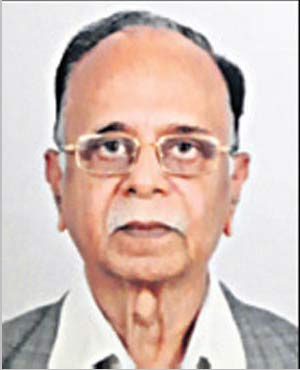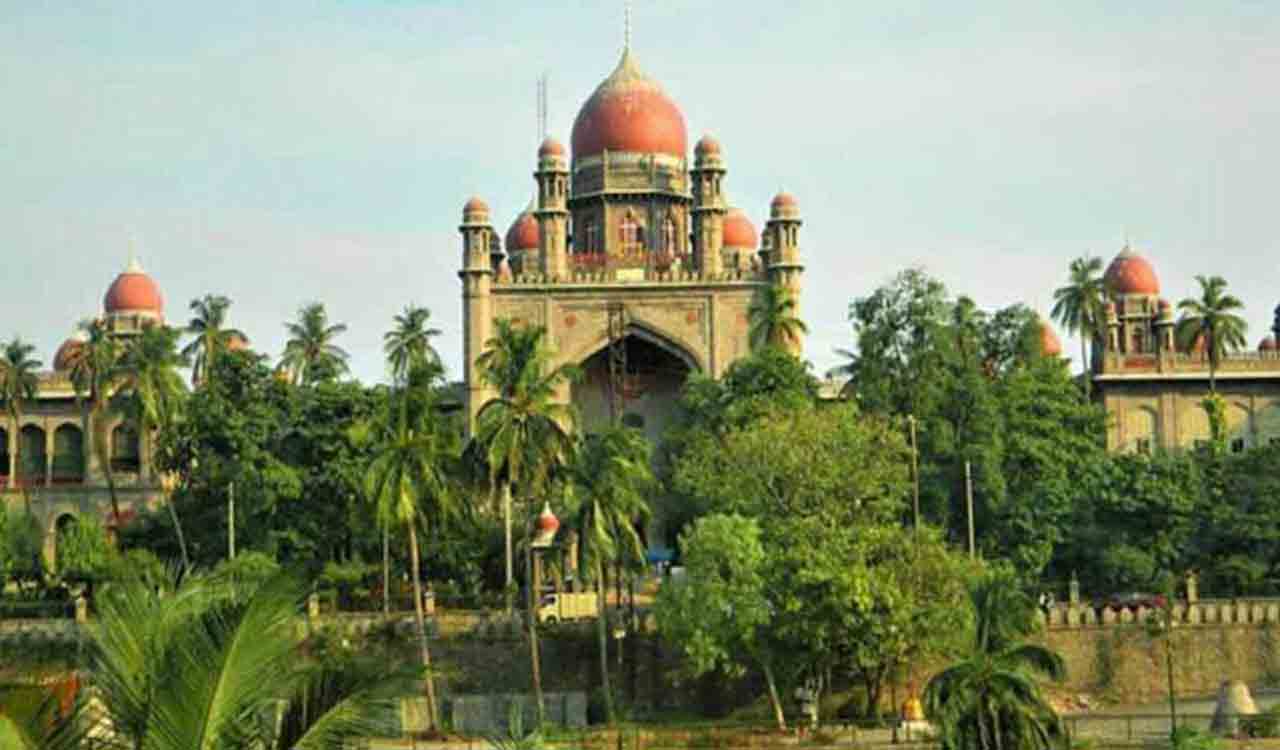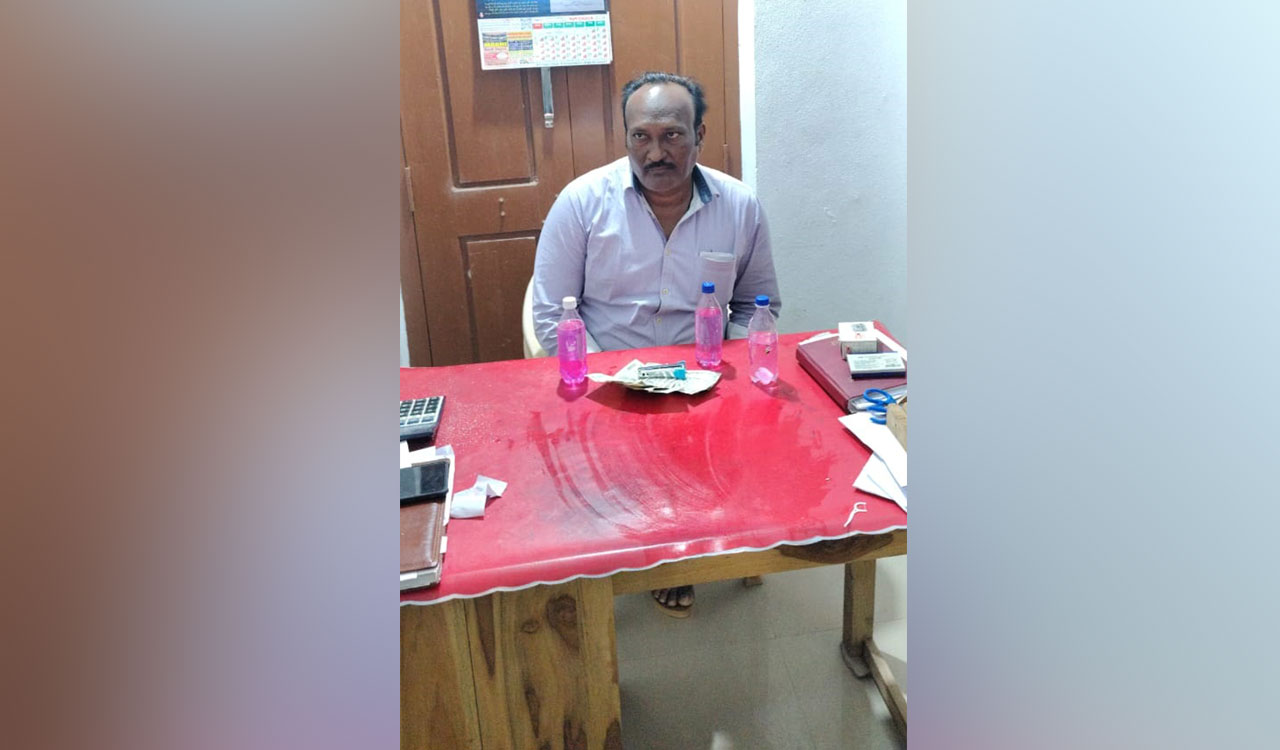Openness in administration
A law on the matter can help address people’s problems as RTI only exposes wrongful omissions and commissions

The impact of civil society-led public movements in shaping laws and institutions is considerable. During 2013-14, the anti-corruption movement launched by Anna Hazare enabled the passing of Lokpal law, and when another agitation was threatened in 2018, it led to the establishment of Lokpal.
Similarly, the considerable influence of civil rights groups and concerned citizens led to the enactment of the Right to Information Act, 2005. Much before the RTI Act came into existence, openness in governance and restructuring of party and government were advocated by former President of Soviet Union Mikhail Gorbachev.
The RTI Act is only a part of glasnost, which means transparency in governance, and the beginning of openness. Openness in administration involves taking the administration to the doorsteps of the common person. The Collector and Superintendent of Police can visit a cluster of villages every month, listen to people’s problems and solve them on a priority (within less than a month). It is not the same as endorsing a petition to the subordinates, who in turn endorse it to his next junior and further down the channel.
Sticking to Time
Time is the essence of problem resolution. If the Director, Anti-Corruption Bureau, visits district headquarters, more number of complaints will be forthcoming and there will be awareness and a sense of fear in corrupt officials of key departments. Secondly, the Collector, Superintendent of Police need to address the media, including electronic, every fortnight and apprise the public of the various facets of the administration.
They should give a true picture of crime and various aspects of their working. The Assistant Commissioners of Police in cities need to move out of their offices at least twice in a week to solve people’s grievances instead of citizens doing the rounds of police stations. It is also equally important that senior officers are accessible on phone to the common man. Important phone numbers need to be made available in print and electronic media.
There should not be rank and status consciousness while attending to people’s problems. After all, in 1940 Mahatma Gandhi went to Champaran to listen to share croppers’ grievances and then took it up with the Collector. If crimes are millions, grievances will be in billions monthly. A legislation modeled as “openness in administration” can provide a platform to address people’s problems. The RTI Act (even if the information is furnished) can only expose wrongful omissions and commissions and no more.
Doorstep Administration
Openness in administration involves carrying it to the doorsteps of the common man. If a gun licence is to be renewed, why not deliver it like a postman at the doorsteps by collecting the requisite fees? Why should senior citizens, etc, need to go to bank, pay challan and then go to the DCP office for simple renewal? The same logic holds good for permissions and licences regarding passport and building.
Openness in administration is the key to good governance. A million cases of crimes occur daily. Some get reported, others do not, yet another set of cases don’t even get registered despite being reported. Not registering (not taking cognisance of an offence) is a bigger malaise in administration because police, tax authorities, CBI, ED, ACB, etc, are public authorities and are paid from public exchequer. They are duty-bound to act. For genuine transparency, all public authorities, including judges, need to make an annual disclosure of their assets public. It is not unreasonable or undemocratic to demand civil society’s representation in the “collegium” system of appointments to higher Judiciary since the system itself lacks legal base.
Civil society includes the media. The civil society movement led by Jayaprakash Narayan against the Emergency rule of Indira Gandhi and the media campaign against it by The Indian Express and The Statesman resulted in its repeal. While the unelected public institutions like Bureaucracy, Police and Supreme Court could not oppose the authoritarian rule, civil society and the media took up the cudgels against the Emergency.
Lok Ayuktas’ Power
Unselfishness is God, said Swami Vivekananda. This trait is a supreme virtue. We have seen the best and honest of Presidents of the Republic and Governors succumbing to selfishness and swearing in crime-tainted as Ministers. If they refuse, there may be a temporary setback in the formation of Ministry, but it will eliminate the evil of inducting crime-tainted into the Council of Ministers. Here too, civil society needs to step in.
Civil society activists need to take up cudgels for a sound legislation on the subject of accountability since the principle is critical for a functional democracy and good governance. The political value of democracy needs to promote public values of integrity and efficiency in administration, Judiciary, Police, etc.
Former Prime Minister Chaudhary Charan Singh, while he was Chief Minister of Uttar Pradesh, introduced a Lok Ayukta Bill in the State Assembly which made nepotism and favouritism as “offences” and it also included the office of Chief Minister in its purview. Now almost all Lok Ayukta laws exclude the office of Chief Minister. Most Lok Ayuktas have no power of investigation, search and seizure, arrest and prosecution. They can only inquire and send their reports to the government.
No Diluting
Any progressive law and the subject of anti-corruption need to expand the scope of offences and not allow them to shrink. For example, the 2018 amendment to The Prevention of Corruption Act, 1988, (which became a progressive law in the course of time) deleted the offence of “abuse of public office” from the list of offences. Added to it, the offence of “disproportionate assets” was diluted.
There is considerable dishonesty in framing fiscal, banking and special laws. So also in international agreements that pose hurdles for repatriation of black money deposited in foreign banks. More often laws represent class interests. For example, bribing voters in elections is a minor offence under Electoral Law wherein conviction and sentencing is a rarity while bribing a Minister or a public official is a serious offence under The Prevention of Corruption Act, 1988.
The writings of celebrity thinkers, media editorials, initiative of civil society activists, RTI activists, genuine public interest litigation activists contributed to checking abuse of state power and influencing public policies. After all, the history of a nation or its civilisation levels is largely judged based on how it handled crime, corruption, wrongdoings and violence in society and more so in the ranks of governing classes. It is also judged on as to how it promoted human rights, protected public safety and health as well as public morals.
(The author is a retired IGP)
Now you can get handpicked stories from Telangana Today on Telegram everyday. Click the link to subscribe.
Click to follow Telangana Today Facebook page and Twitter .
Related News
-
Cartoon Today on December 25, 2024
5 hours ago -
Sandhya Theatre stampede case: Allu Arjun questioned for 3 hours by Chikkadpallly police
6 hours ago -
Telangana: TRSMA pitches for 15% school fee hike and Right to Fee Collection Act
6 hours ago -
Former Home Secretary Ajay Kumar Bhalla appointed Manipur Governor, Kerala Governor shifted to Bihar
6 hours ago -
Hyderabad: Organs of 74-year-old man donated as part of Jeevandan
6 hours ago -
Opinion: The China factor in India-Nepal relations
7 hours ago -
Editorial: Modi’s Kuwait outreach
7 hours ago -
Telangana HC suspends orders against KCR and Harish Rao
7 hours ago





